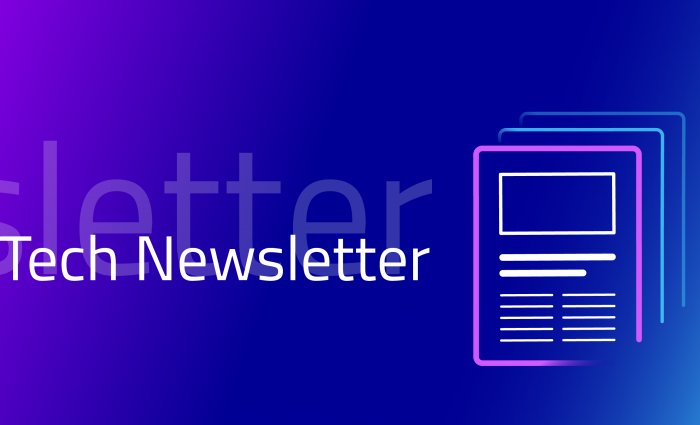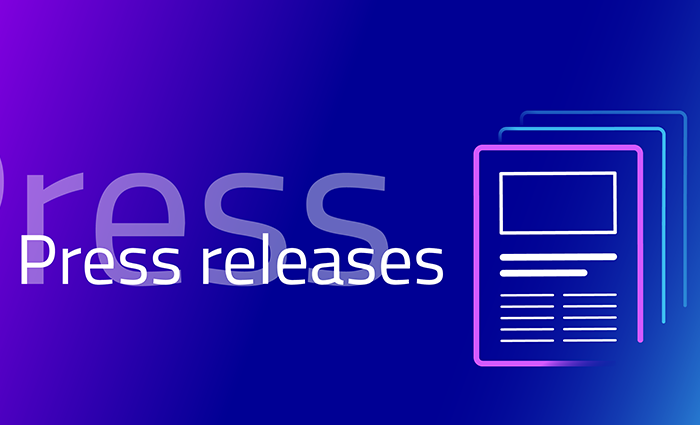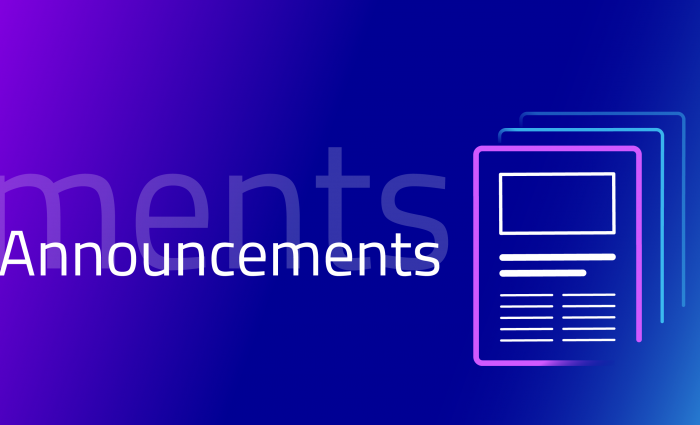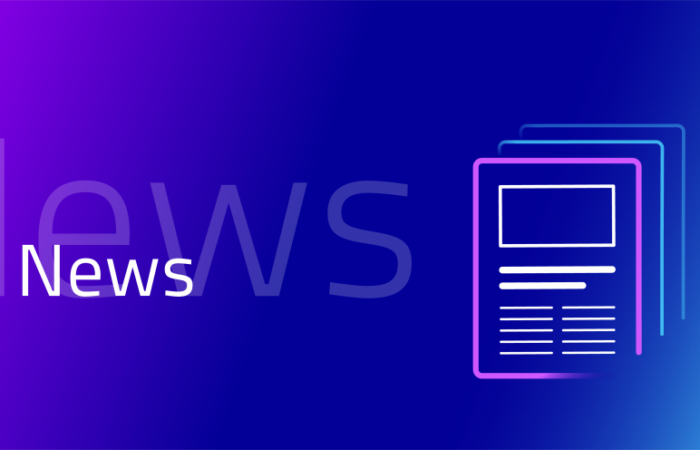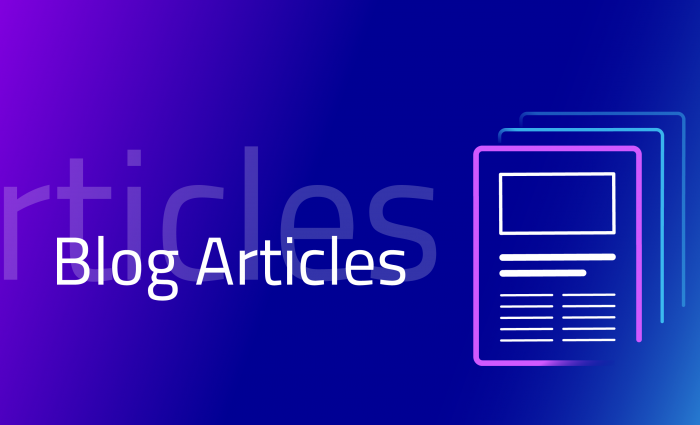
Earth Observation Data Analysis: The Importance of the Gaia-X Project
Earth observation data is a unique source of information. It can be combined with administrative, social, and economic data at multiple scales for an in-depth policy analysis. In the era of big data, the explosive growth of Earth observation data and the rapid advancement in cloud computing technology necessitate for a European digital ecosystem that advances innovations and new data-driven services and applications.

